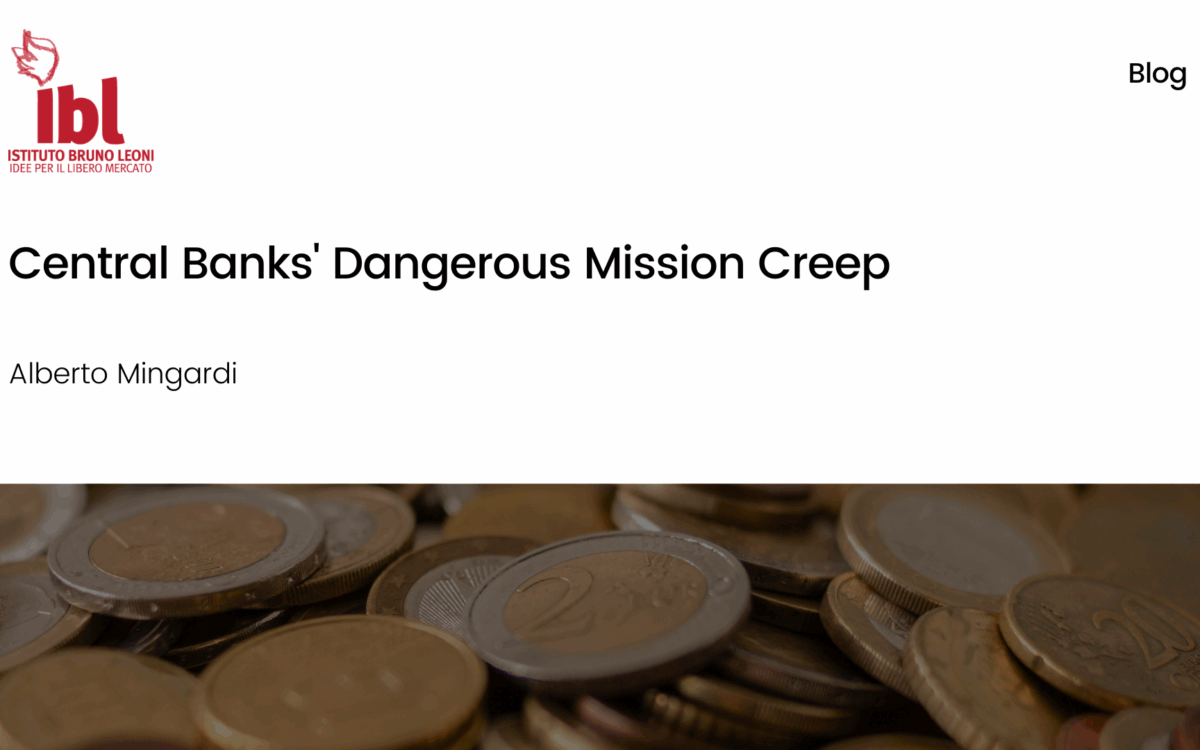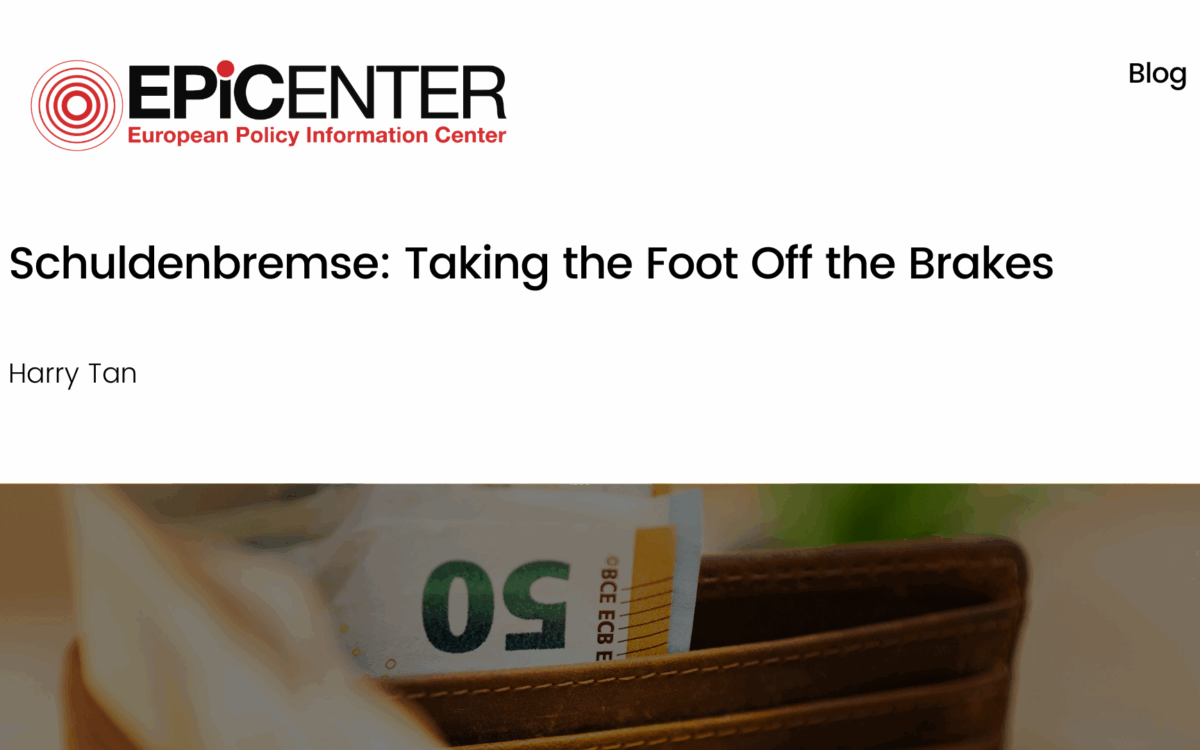Austerity: A User’s Manual

Austerity: A User’s Manual
Paolo Belardinelli // 29.03.2016
The mayhem in financial markets we have observed in the last few months gave renewed prominence to the issue of financial credibility. Since 2010, in the face of the crisis of sovereign debt—particularly in the case of the so-called PIIGS countries (Portugal, Ireland, Italy, Greece, and Spain)—European governments have committed to decreasing their respective fiscal deficits with the declared aim of restoring their financial credibility. Although they seemed to have achieved their goal, in the last few weeks this certainty appeared increasingly illusory.
Perhaps we might find the cause of recent uncertainty in the trend of debt-to-GDP ratios for these countries.
If we had a crisis of sovereign debt, the preceding chart suggests that it is far from being solved (with the clear exception of Ireland). The fiscal consolidation we’ve had did not succeed as expected, at least not for everyone.
A recent study by the European Central Bank, authored by Maria Grazia Attinasi and Luca Metelli, analyzes this issue on the basis of the Eurostat quarterly reports for the years 2001-12, focusing on 11 Eurozone countries, including the PIIGS, identified by this study as financially stressed countries.
The authors show that, after a phase of fiscal consolidation, the debt/GDP ratio tends to grow (because of the swift fall of the denominator, namely the GDP) for up to a year, to start decreasing after the initial period. The main insight of the study is that the length and the amount of the initial rise of the debt/GDP ratio depend on the way the consolidation was achieved: if this happened by virtue of an increase of government revenue (that is, by a heavier taxation) the initial rise of the debt/GDP ratio is steeper and longer than in the instances where the government cut its outlays, that is, decreased public spending. Furthermore, the way consolidation is achieved also has an effect on its long-term impact. If the consolidation is mainly achieved by means of lower spending, it has positive long-term effects on the debt/GDP ratio. In contrast, a focus on revenues does not have a long-term impact on the same ratio.
Italians are painfully aware of this insight: since 2010 the ratio of government revenues (that is, taxes on citizens) to GDP rose by 2.5 per cent, and public spending also grew some 0.9 per cent. This is evidence that the bulk of the burden of deficit reduction was focused on the revenue side. Unfortunately this brought about no lasting improvements in the debt/GDP ratio. Quite the opposite, it starkly worsened to 133 per cent from 115 per cent.
Now that the issue of credibility is once again coming to the fore, it is important to recognise that austerity per se does not cause financial and economic pain, but rather austerity that is paid for by taxpayers.
Paolo Belardinelli is a Fellow at Istituto Bruno Leoni. This article was originally published on the LeoniBlog.
EPICENTER publications and contributions from our member think tanks are designed to promote the discussion of economic issues and the role of markets in solving economic and social problems. As with all EPICENTER publications, the views expressed here are those of the author and not EPICENTER or its member think tanks (which have no corporate view).




